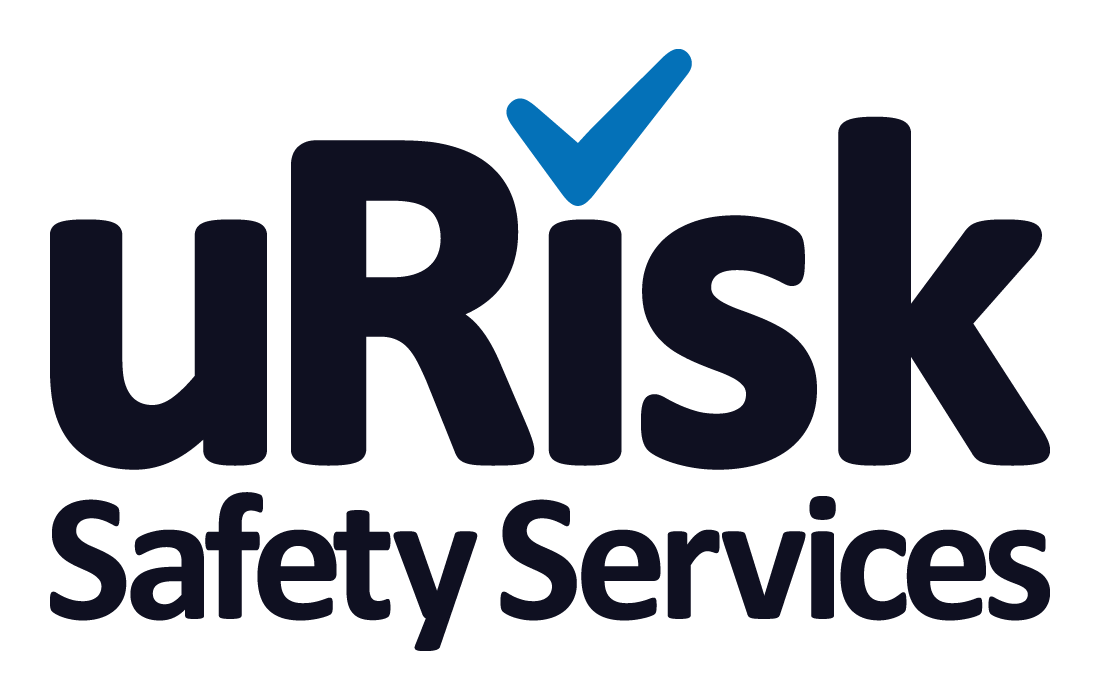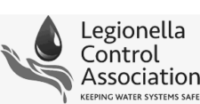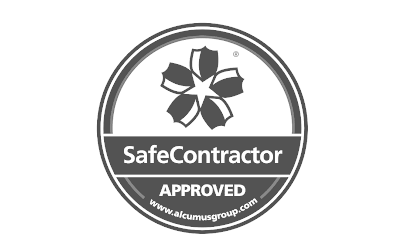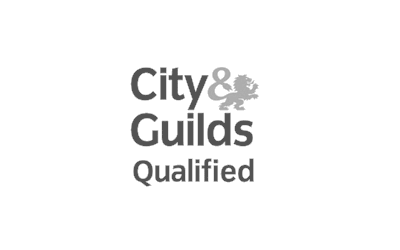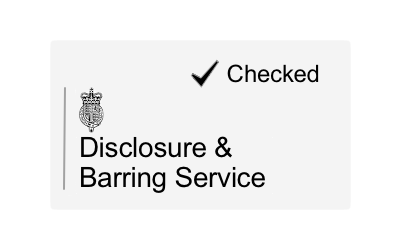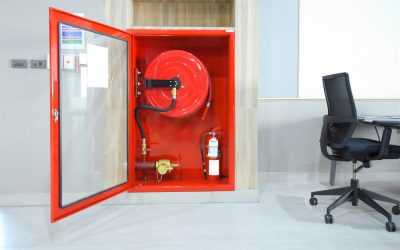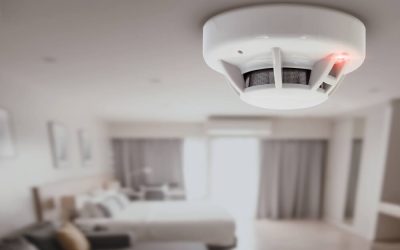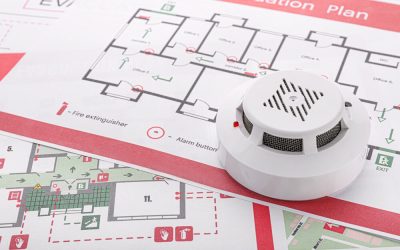How Do You Test Water For Legionella?
Testing your water for legionella bacteria is an important part of legionella risk management. As we are frequently asked the question, ‘how do you test for legionella in water?’, we thought this would be a good opportunity to go through the process.
Why do you need to test the water for legionella bacteria?
Testing your water is a key part of your legionella control obligations – a legal requirement under the Health & Safety at Work Act 1974. If there are legionella species present in your hot and cold water systems, anyone using the building is at risk of developing Legionnaires’ disease, a potentially fatal type of pneumonia. People can become infected through accidentally inhaling airborne water droplets that are contaminated with legionella bacteria – your lungs provide legionella with the conditions in which they can thrive and multiply, resulting in illness that can lead to hospitalisation and sometimes death. This is why you regularly need to take water samples for testing as well as take steps to control legionella growth through water temperature control, water flow, and regular legionella risk assessments. We suggest using a legionella thermometer to manage and measure water temperature.
Regulations
Water samples must be taken in accordance with the water quality code of practice BS 7592:2022 which covers how and where you need to take samples in order to comply with your legal obligations. The regulations require your sample to be sent to a UKAS-accredited laboratory for accurate testing. The laboratory tests will look for any legionella present in the sample, undertake bacteria counts and identify the type of bacteria.
Taking water samples
Water samples are an essential part of the testing process. It is important that the bottles used to take each water sample are properly sterilised and there is no risk of contamination from an outside source.
When taking water samples, you need to know the best points at which to collect the water in order to get the most accurate readings. This is especially important if you believe you may have a legionella outbreak because you will need to know exactly where the bacteria are. The ability to narrow down the location of an outbreak is the reason why you must take separate water samples and take steps to prevent cross contamination.
Water testing kit
Rather than employing a specialist company to undertake legionella testing, small businesses may wish to save money by taking their own water samples using a Legionella Testing Kit. Our kit comes with everything you need including a sterile bottle, detailed instructions about how to safely take your sample, and a pre-paid return pack. uRisk water testing kits are sent to a UKAS-accredited laboratory for testing and you will be sent the results in 10-14 working days.
What to do if your results come back negative or positive?
If your test results show your water is clear, then it’s business as usual. However, if there is evidence of unsafe levels of legionella bacteria present, then you need to take remedial action which is something we can help you with. The costs involved will depend on the amount of work that needs to be done, but rest assured we will give you a competitive quote for the work. We will also do our best to minimise disruption to your business while the work is being carried out.
Legionella training
It is a legal requirement to ensure the health and safety of your staff, customers and visitors, which includes legionella compliance. If you run a small business and do not have the funds available to hire a specialist company to help maintain safe legionella standards, we have training courses available which will give you the knowledge to enable you to meet your legal obligations.
Our Online Legionella Awareness Training Course is a great place to start and, at only £35 + VAT, it’s affordable for everyone. It will teach you about legionella risks, why the routine monitoring of legionella bacteria is so important, the safe temperatures to store water – both cold water and hot water – and the necessary control regime you can implement to protect people from contaminated water. We also run a classroom-based Legionella & Legionnaires Disease Training Course, aimed at duty holders and responsible persons, which will cover the subject in a lot more detail so you have a better understanding of your legal obligations and duties.
Legionella and Water Hygiene Blog Posts
Office Fire Risk Assessment
As you would expect, keeping your office safe from the risk of fire is a legal requirement under the Regulatory Reform (Fire Safety) Order 2005. If you are the owner or manager of a business, or landlord of an office building, it is your responsibility to ensure your...
Fire Risk Assessment For Flats
Your legal requirements as a landlord include taking precautions to keep your tenants safe, including when it comes to the risk of fire in flats. As part of the fire safety regulations, fire risk assessments for flats is therefore part of your legal obligation to...
Getting A Risk Assessment For Fire in the UK
As an employer, landlord or facilities manager, it is your legal responsibility to keep everyone who uses your premises safe. A fire risk assessment is an important part of this because it identifies what might cause a fire so you can take steps to prevent one, as...
